Herbs
Culinary herbs for cooking, including classic dried herb blends like Herbes de Provence & Italian Herbs, as well as other popular cooking herbs, like basil, cilantro, oregano, sage & thyme. Our most popular herb blend, Cantanzaro Herbs, is an all-time customer favorite due to its all-purpose uses. We also carry other unique herb blends, like summer savory, marjoram, and tarragon, which can typically be a bit harder to find when shopping for gourmet herbs at your local grocery store.
-
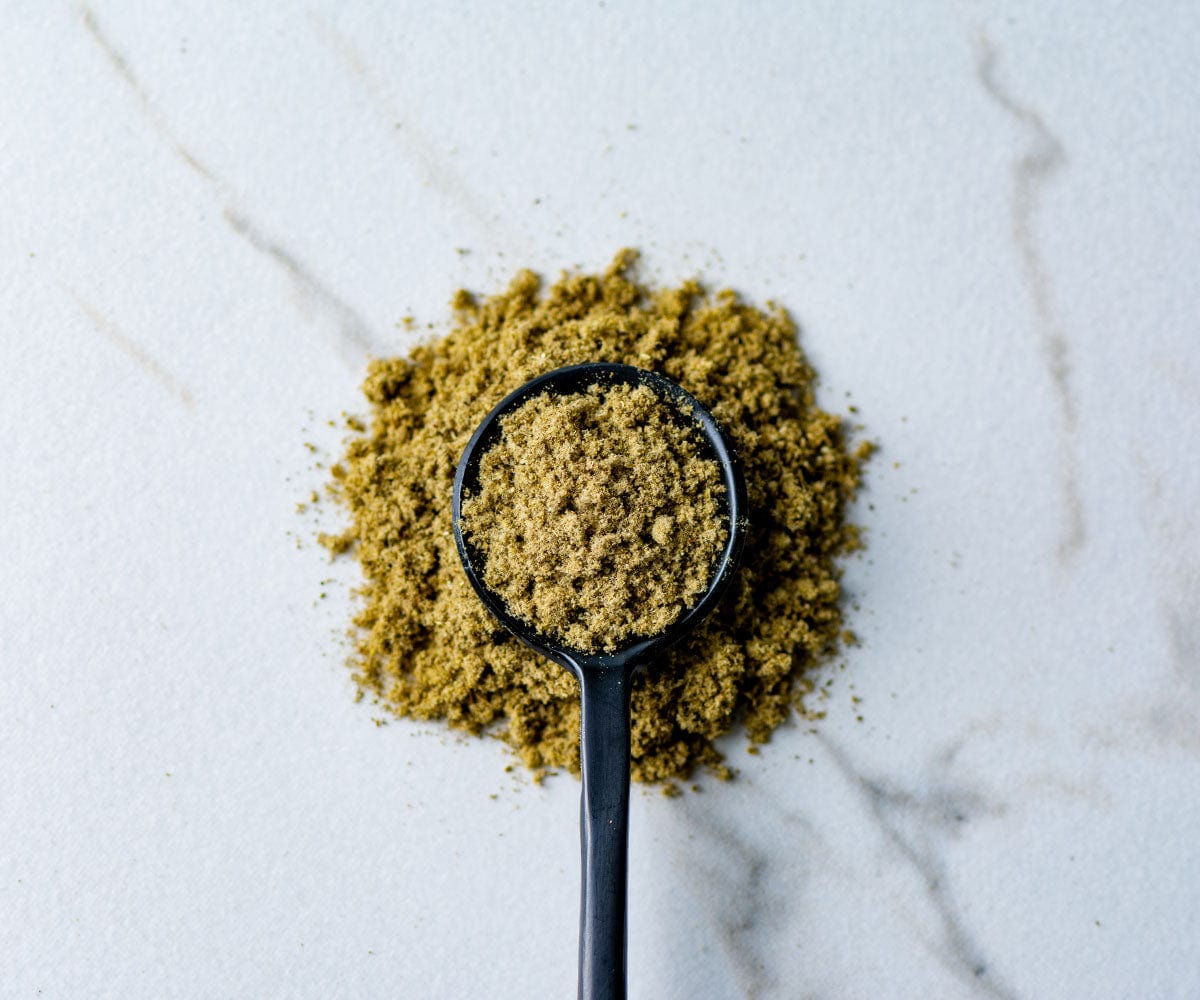
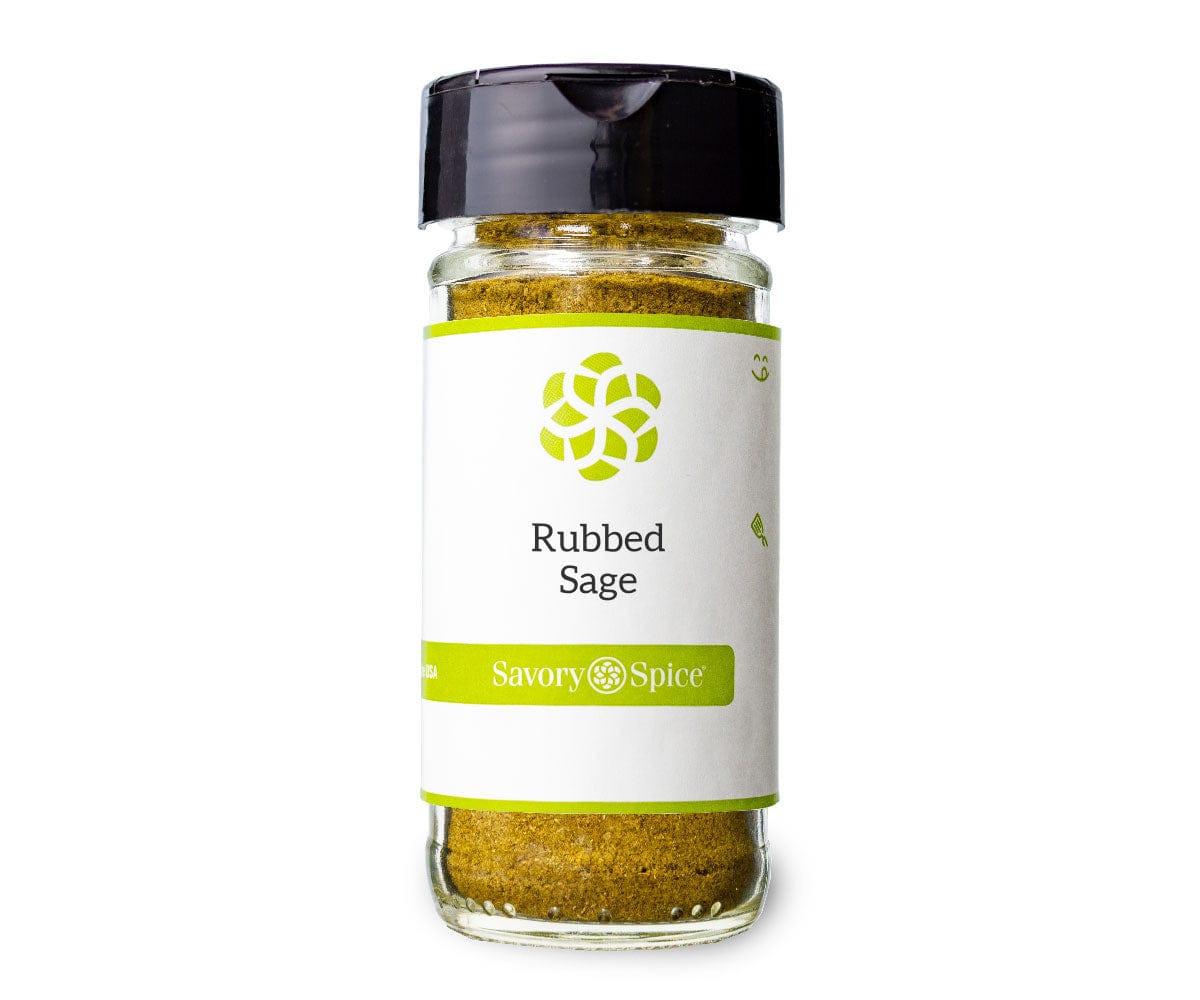
Rubbed Sage
Rubbed Sage is a woody and warm-flavored herb seasoning that's probably most commonly known as a seasoning used in stuffings served during the holi...
View full details -
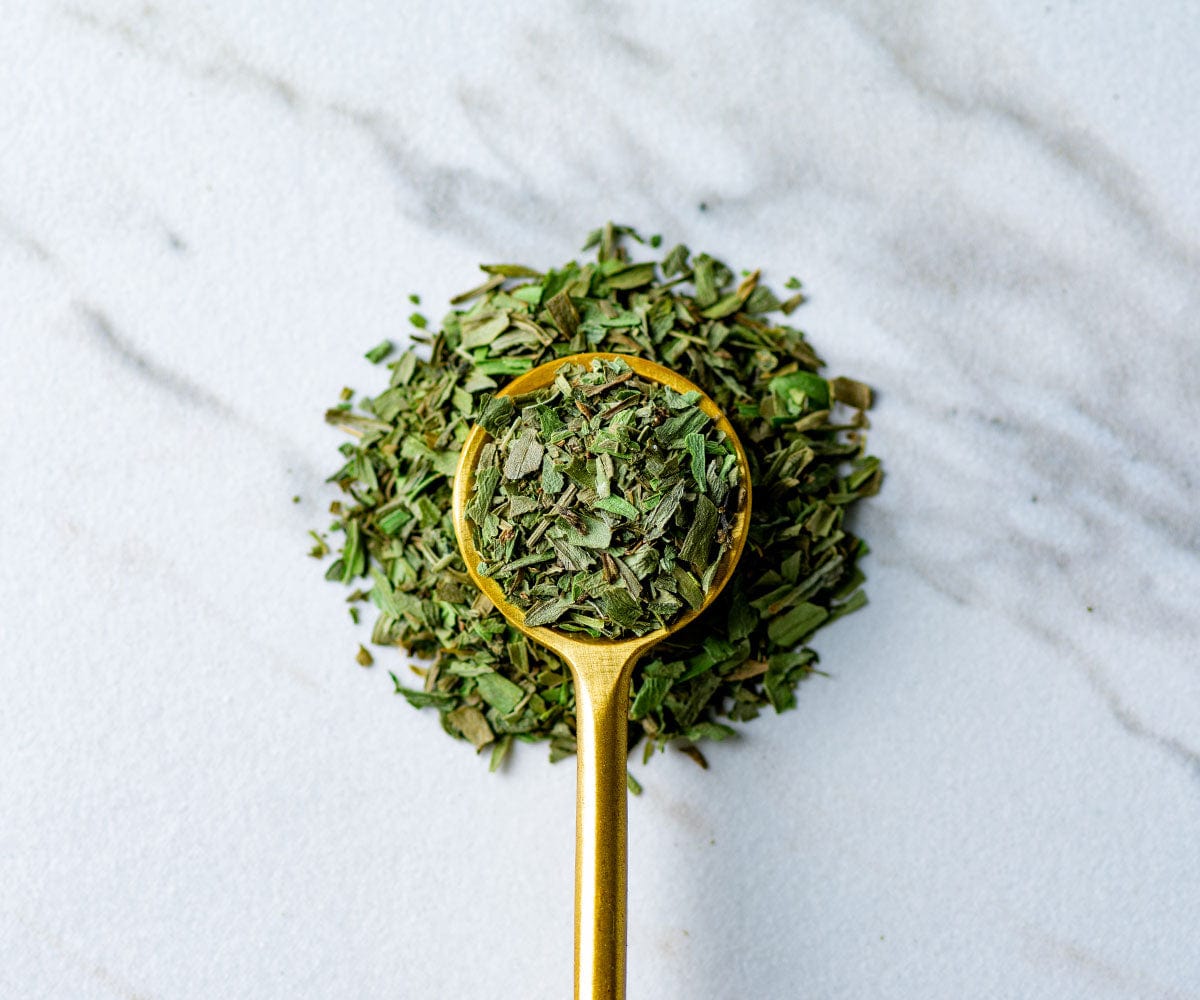
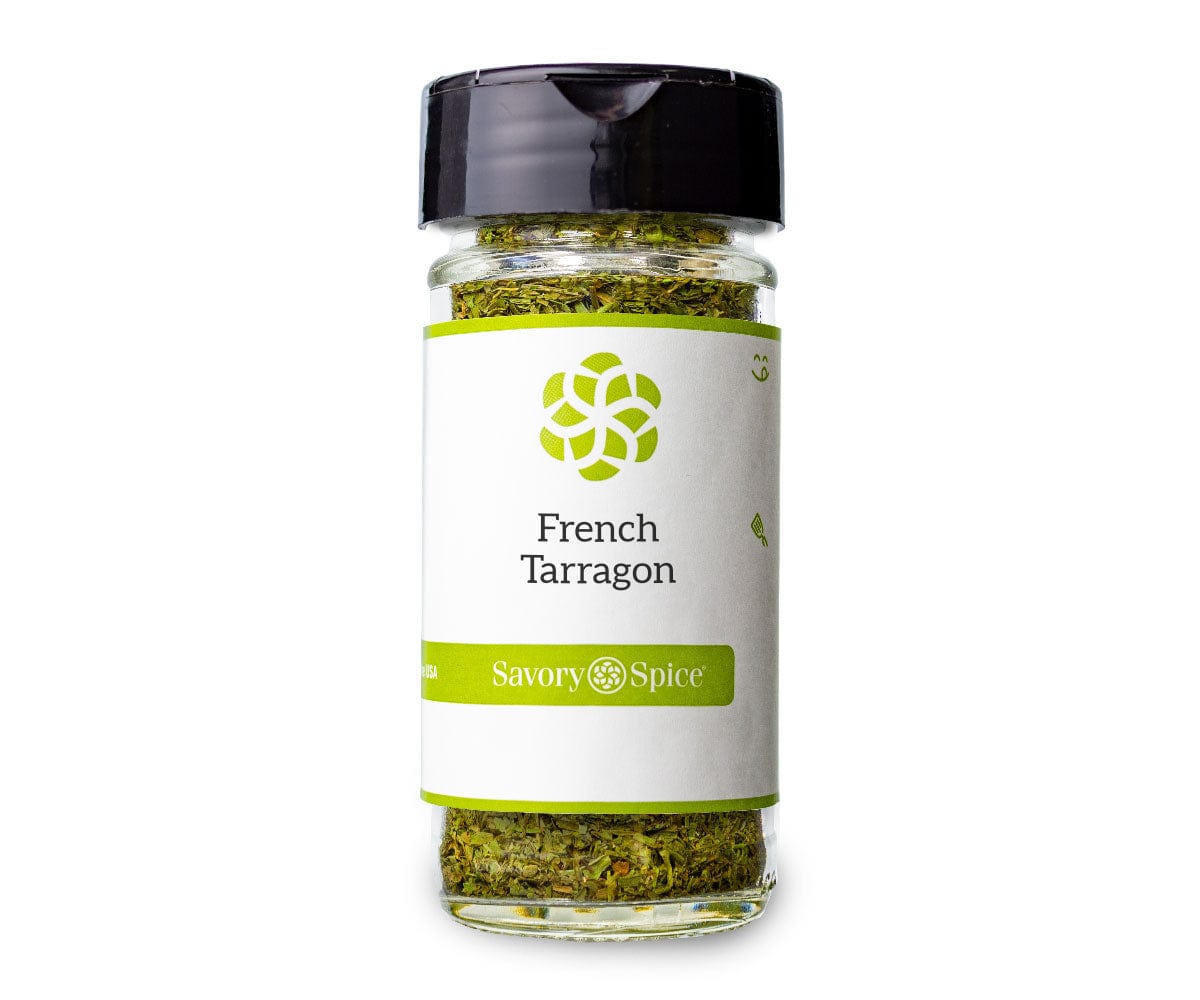
French Tarragon
French Tarragon seasoning is a staple in French cooking, especially in many classic French sauce recipes. Dried tarragon is part of the French fine...
View full details -

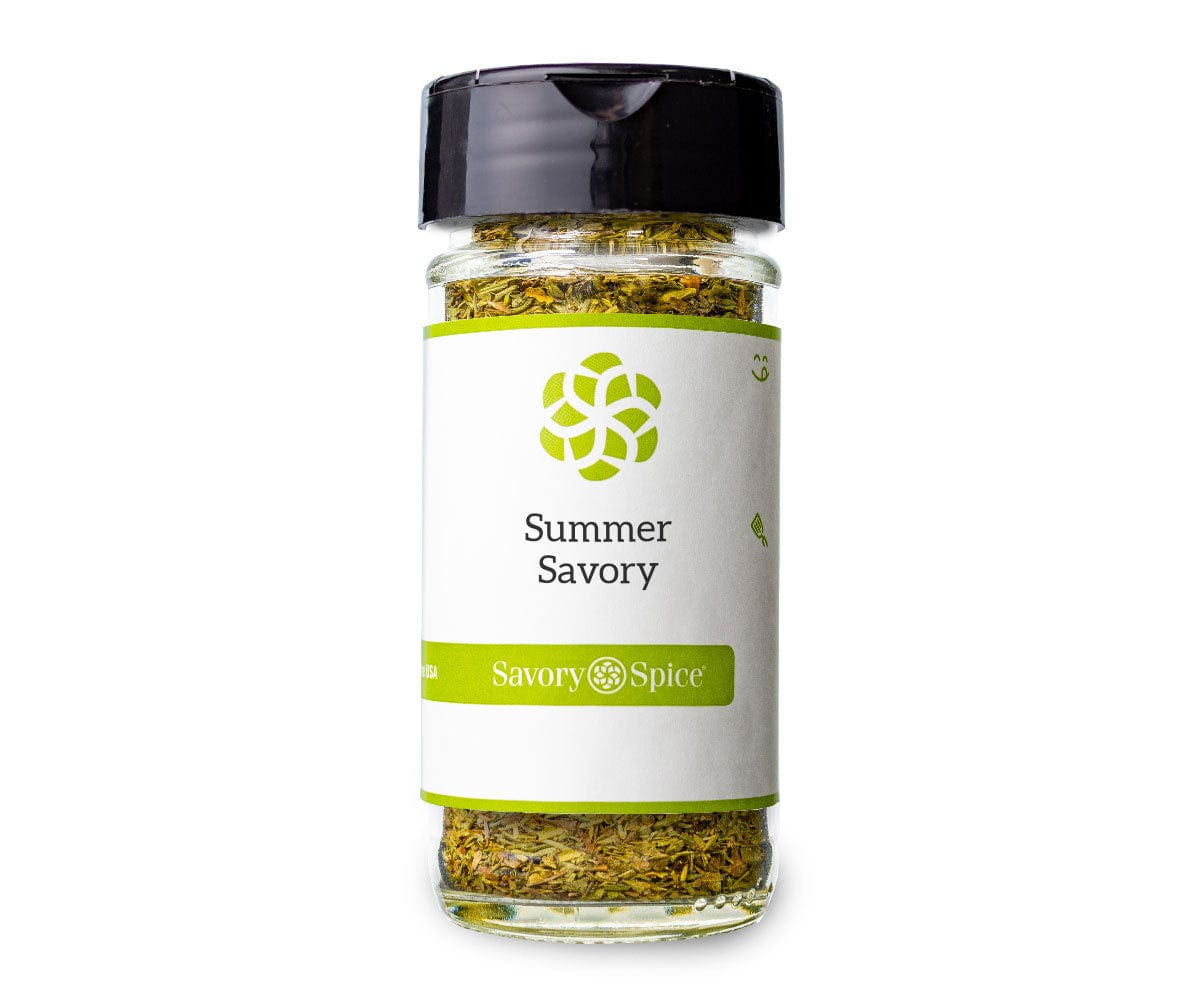
Summer Savory
Summer Savory seasoning comes from a dried herb is an herb from the mint family. Dried summer savory is quite versatile and is commonly used to add...
View full details -
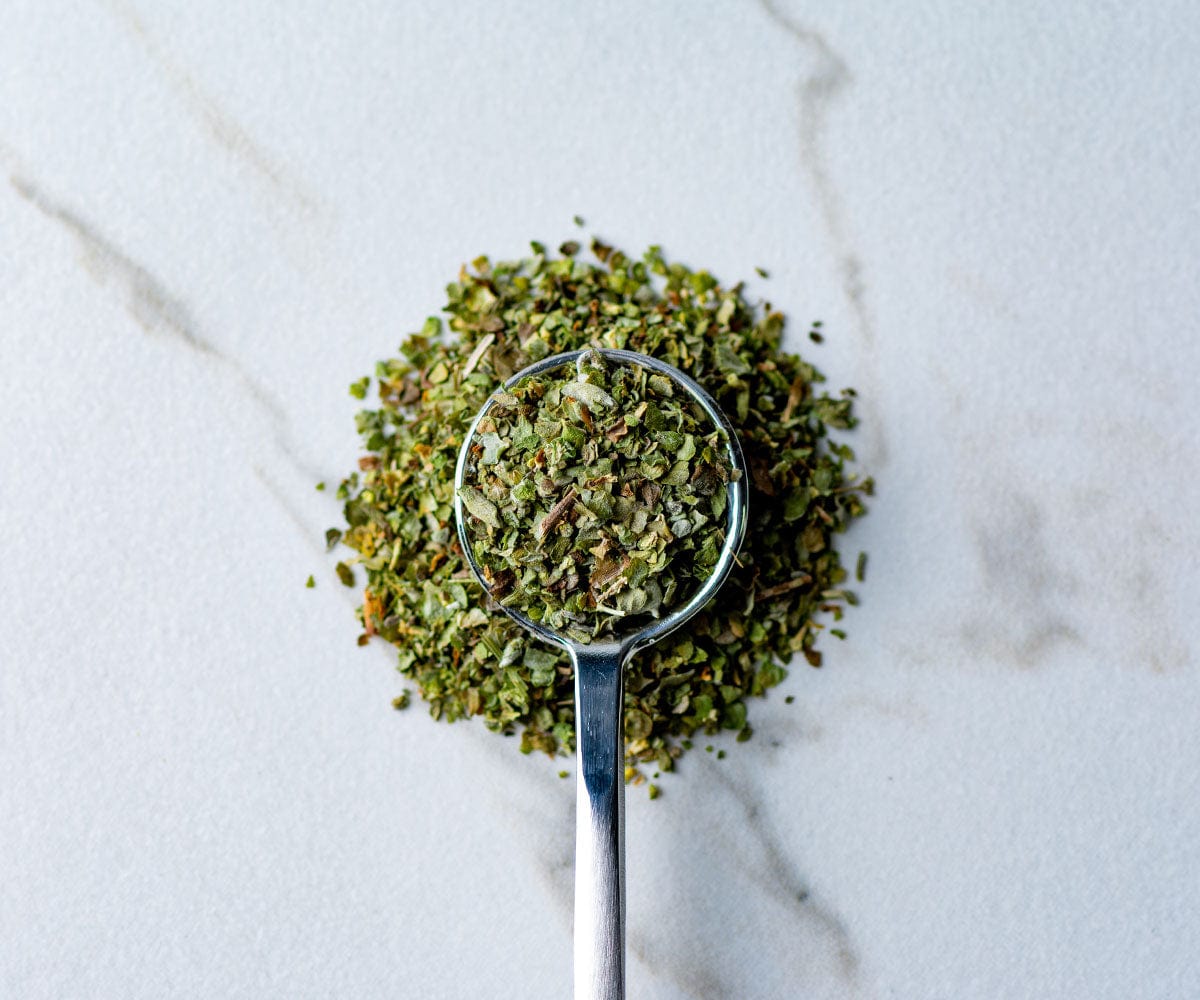
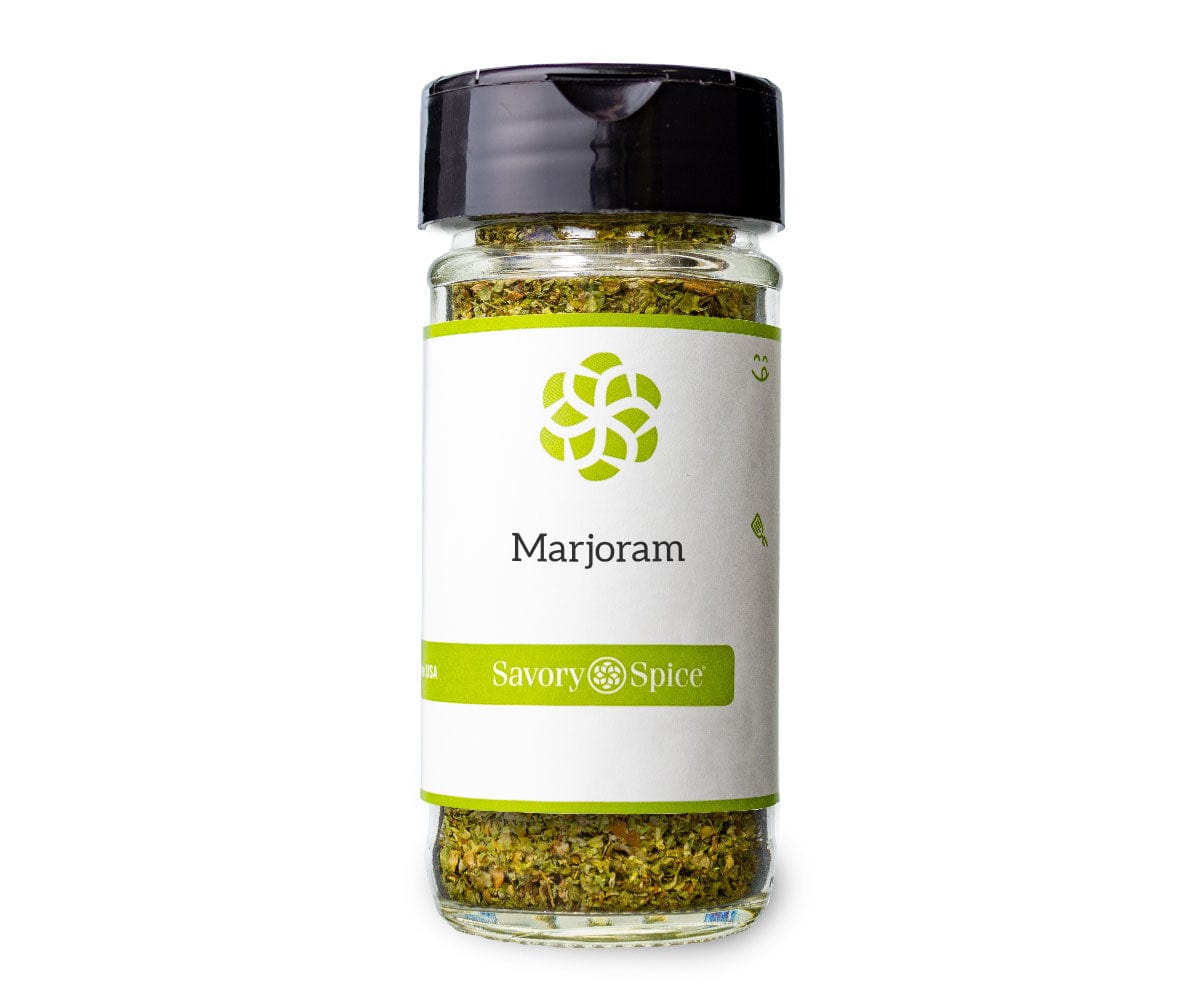
Marjoram
Marjoram is of the mint family and is often confused with oregano, but by no means is it the same. Dried marjoram leaves are sweet and light in fla...
View full details -
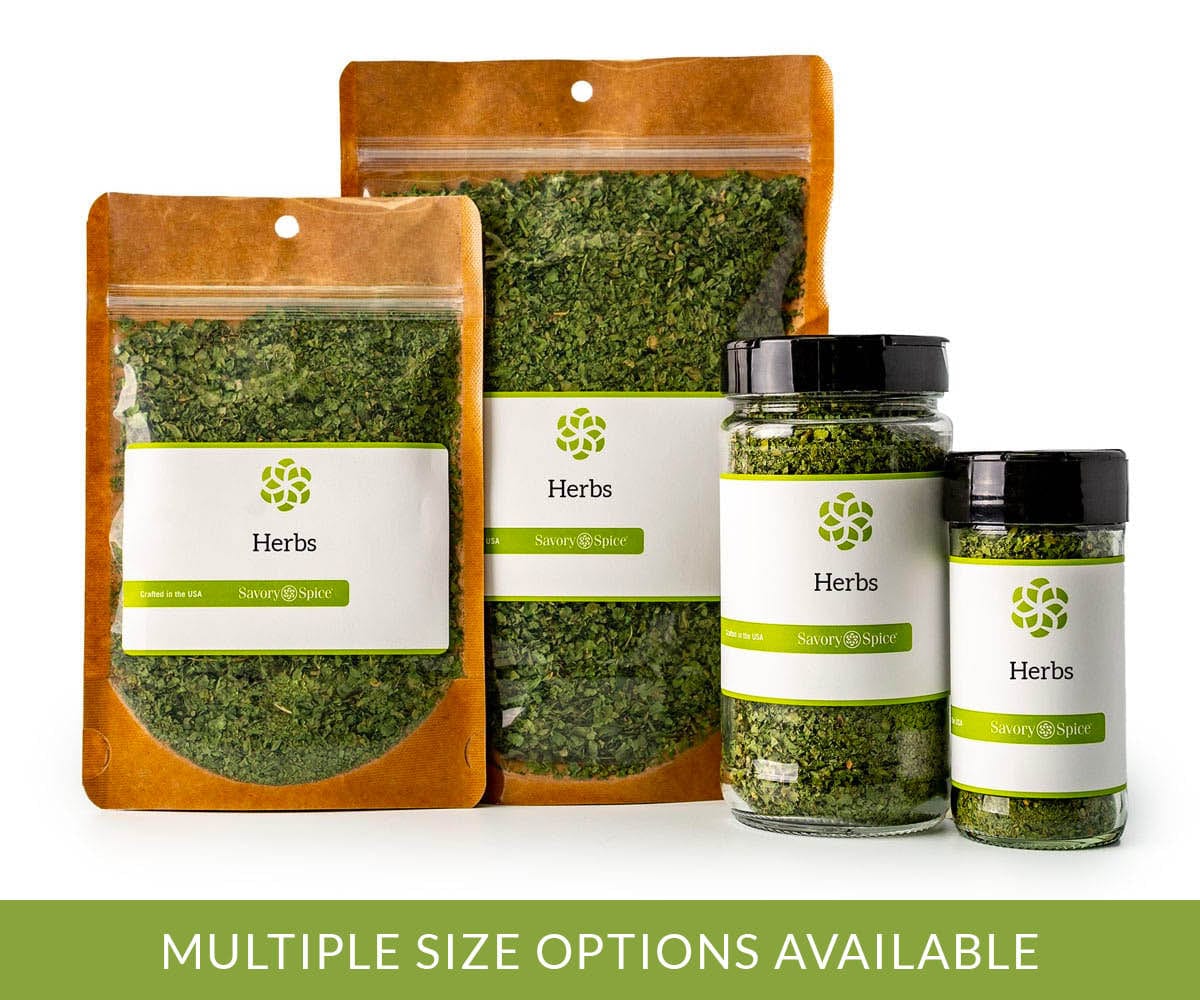
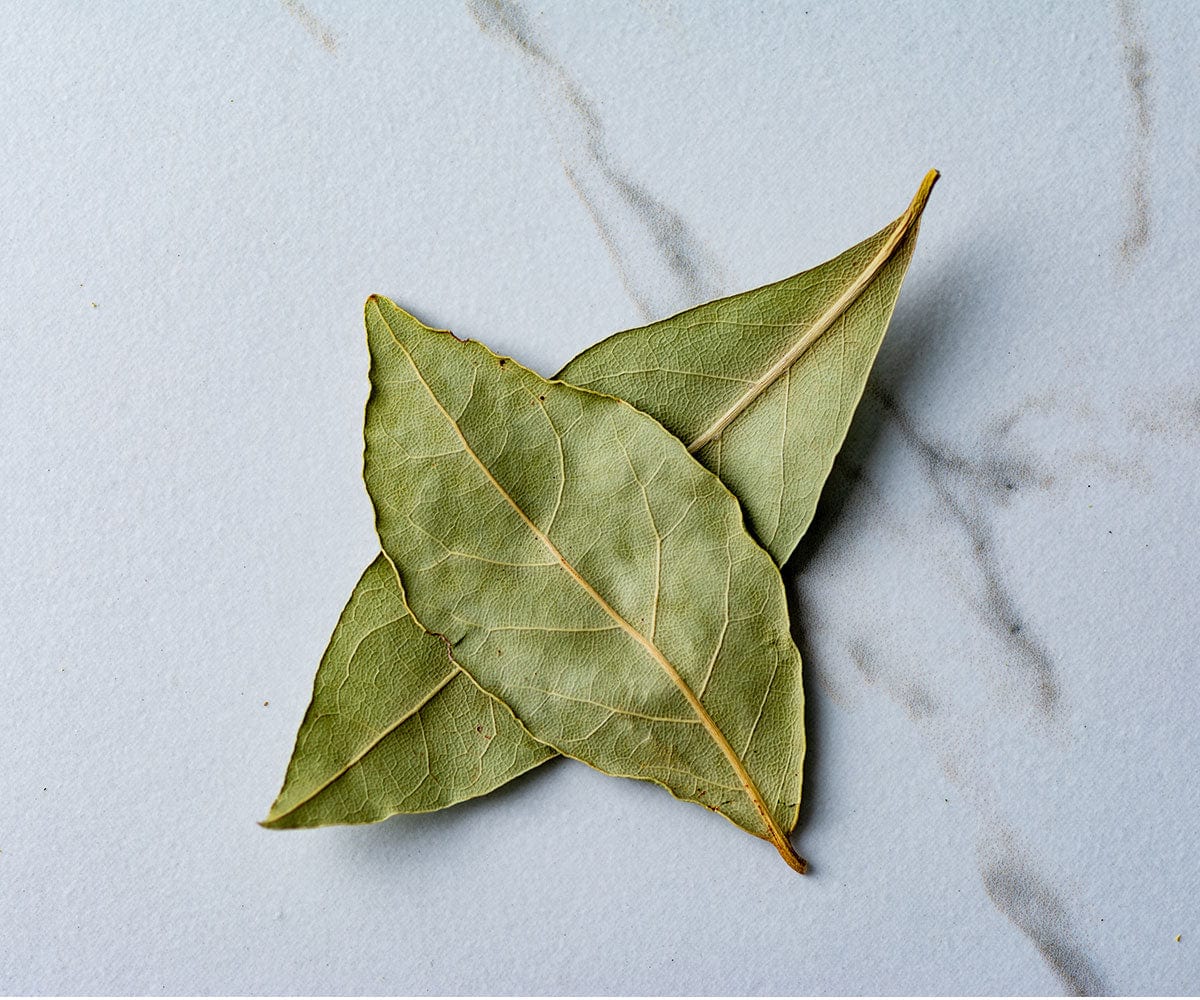
Turkish Bay Leaves
The impact of the flavor of Turkish Bay Leaves is brought out through slow cooking, which makes bay leaves a useful ingredient in stocks, soups, ro...
View full details -
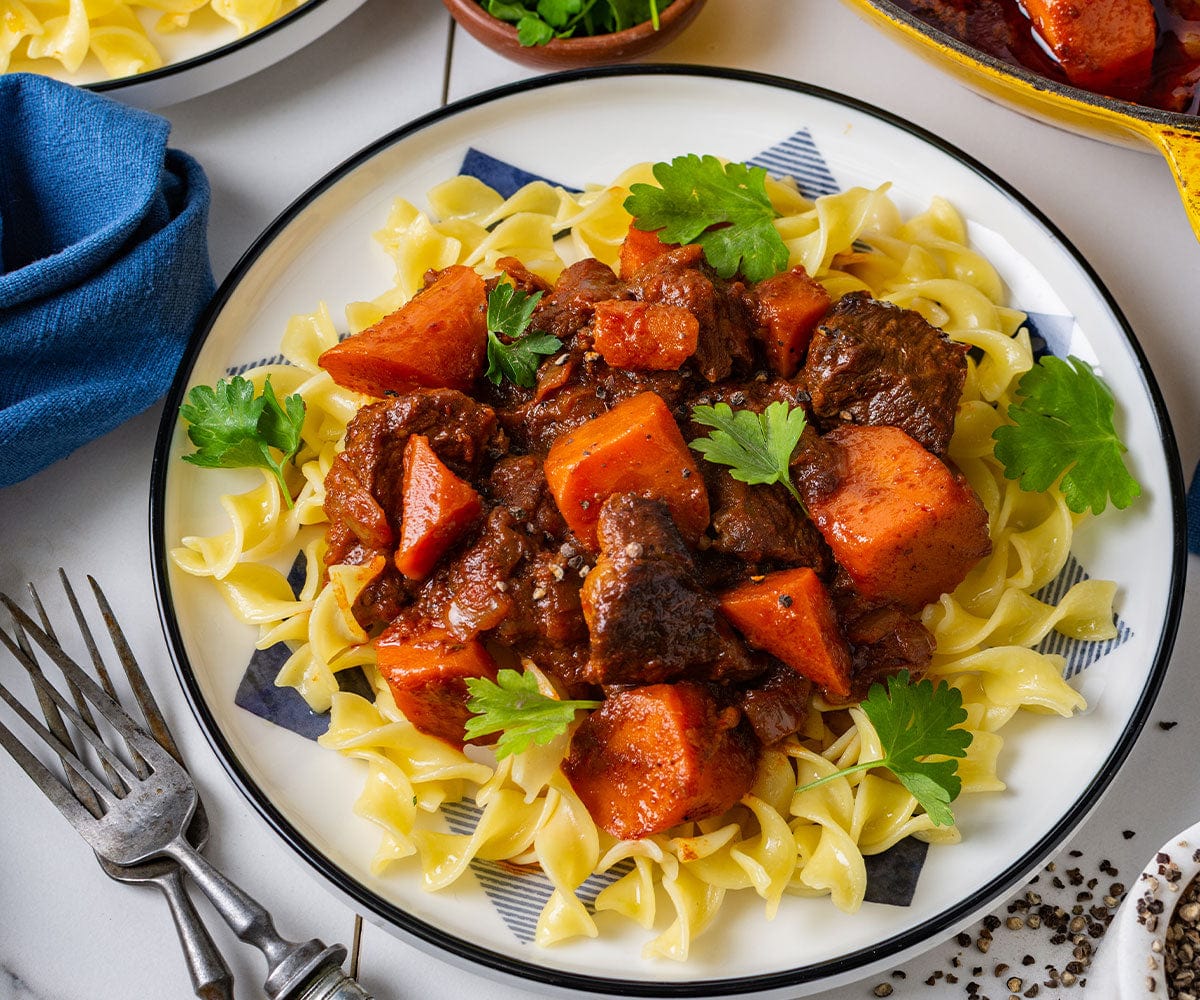
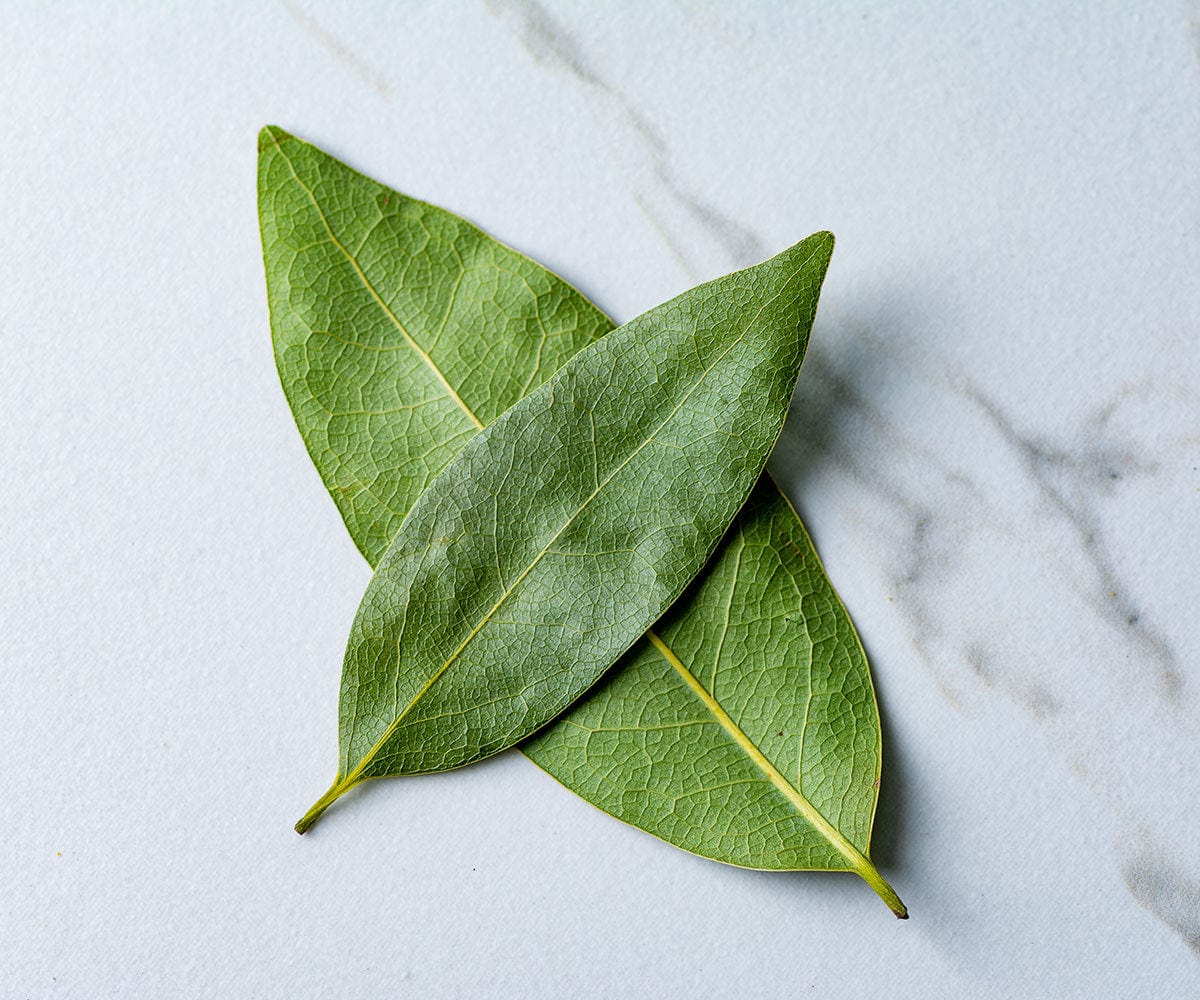
California Bay Leaves
California Bay Leaves are used as a seasoning in slow-cooking recipes such as soups and stews, or for pickling vegetables. This Californian variety...
View full details -
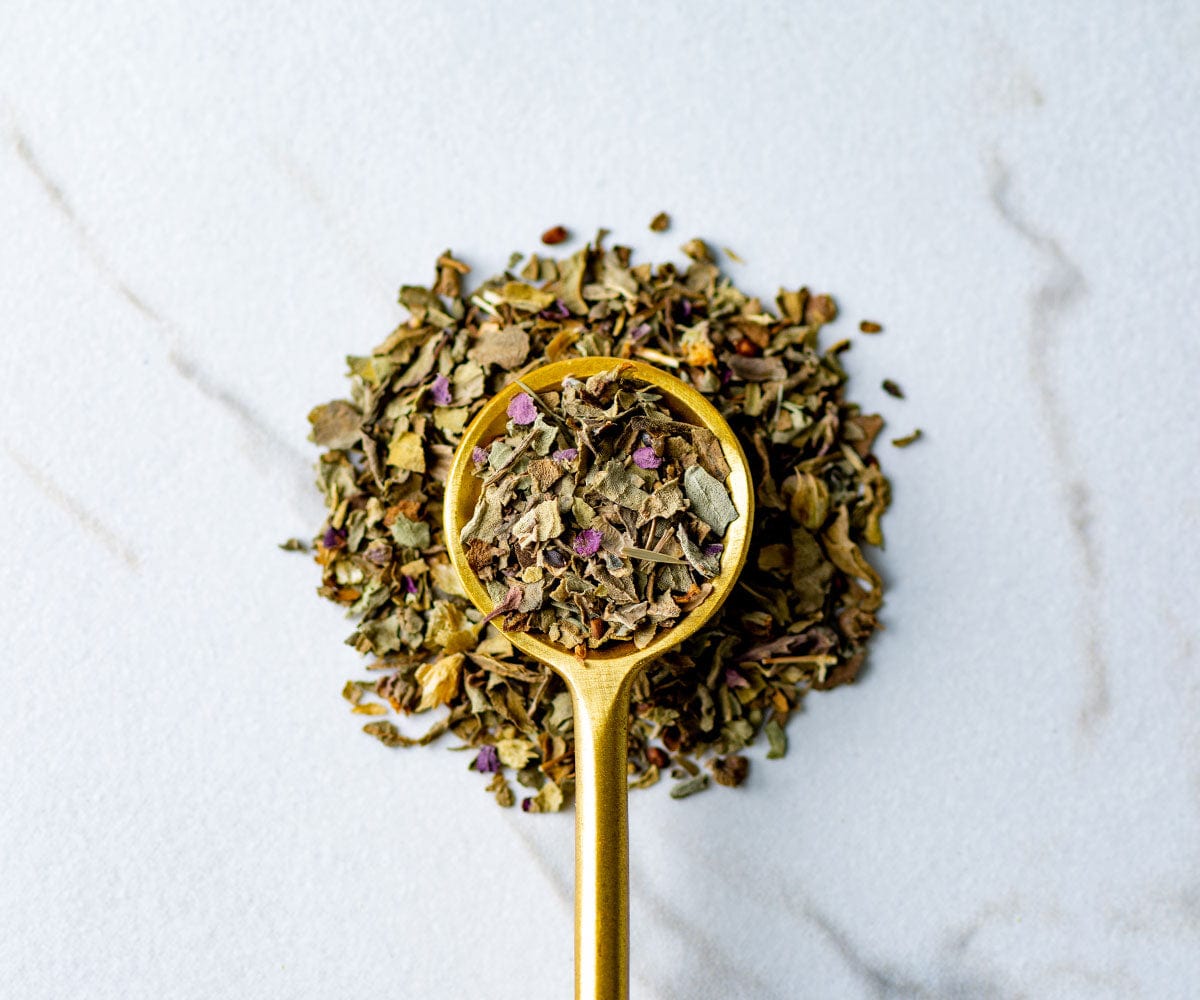
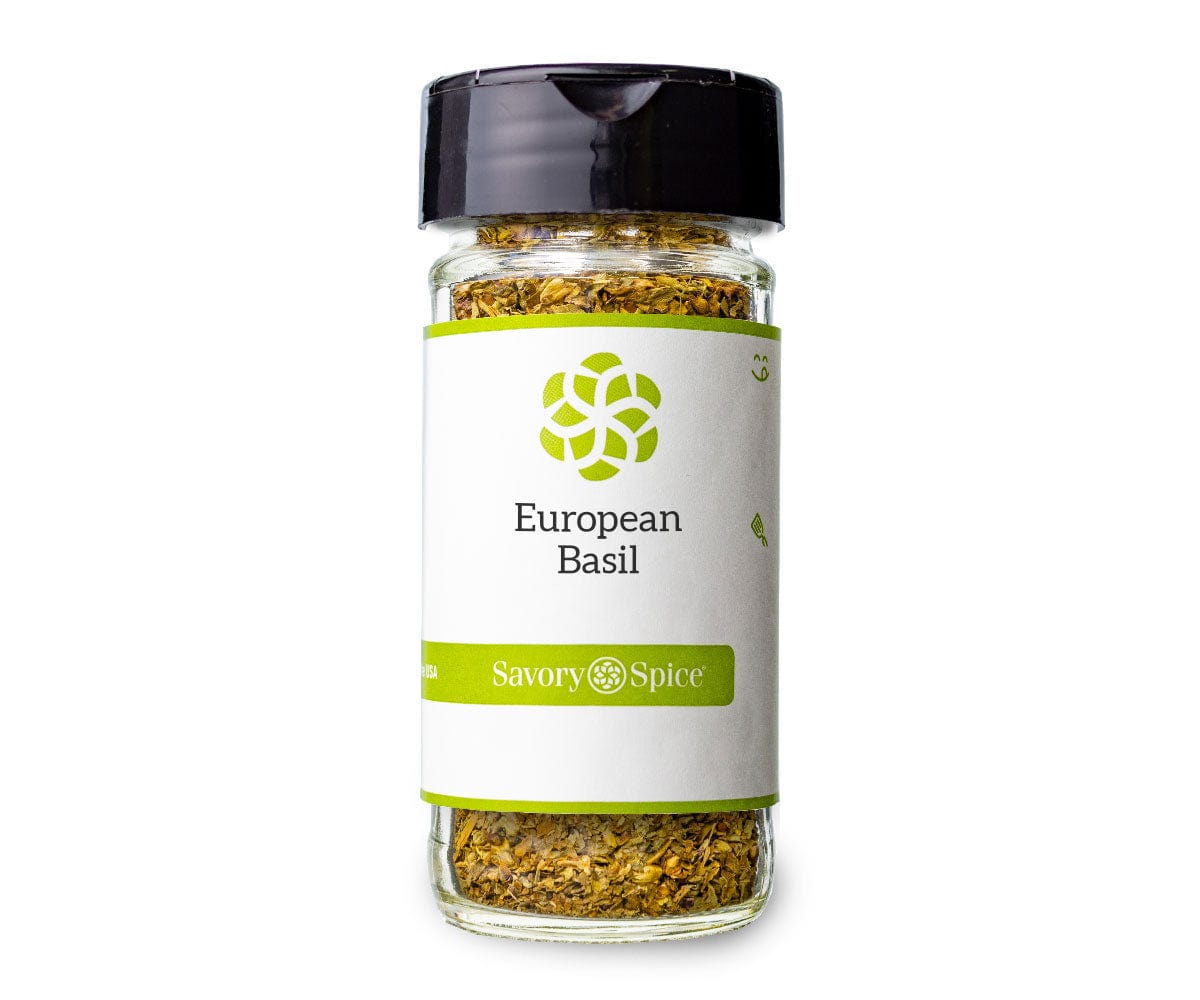 Sale
Sale
European Basil
Referred to as the “royal herb” by ancient Greeks, this summer herb is a member of the mint family. European is milder than our California and has ...
View full details -
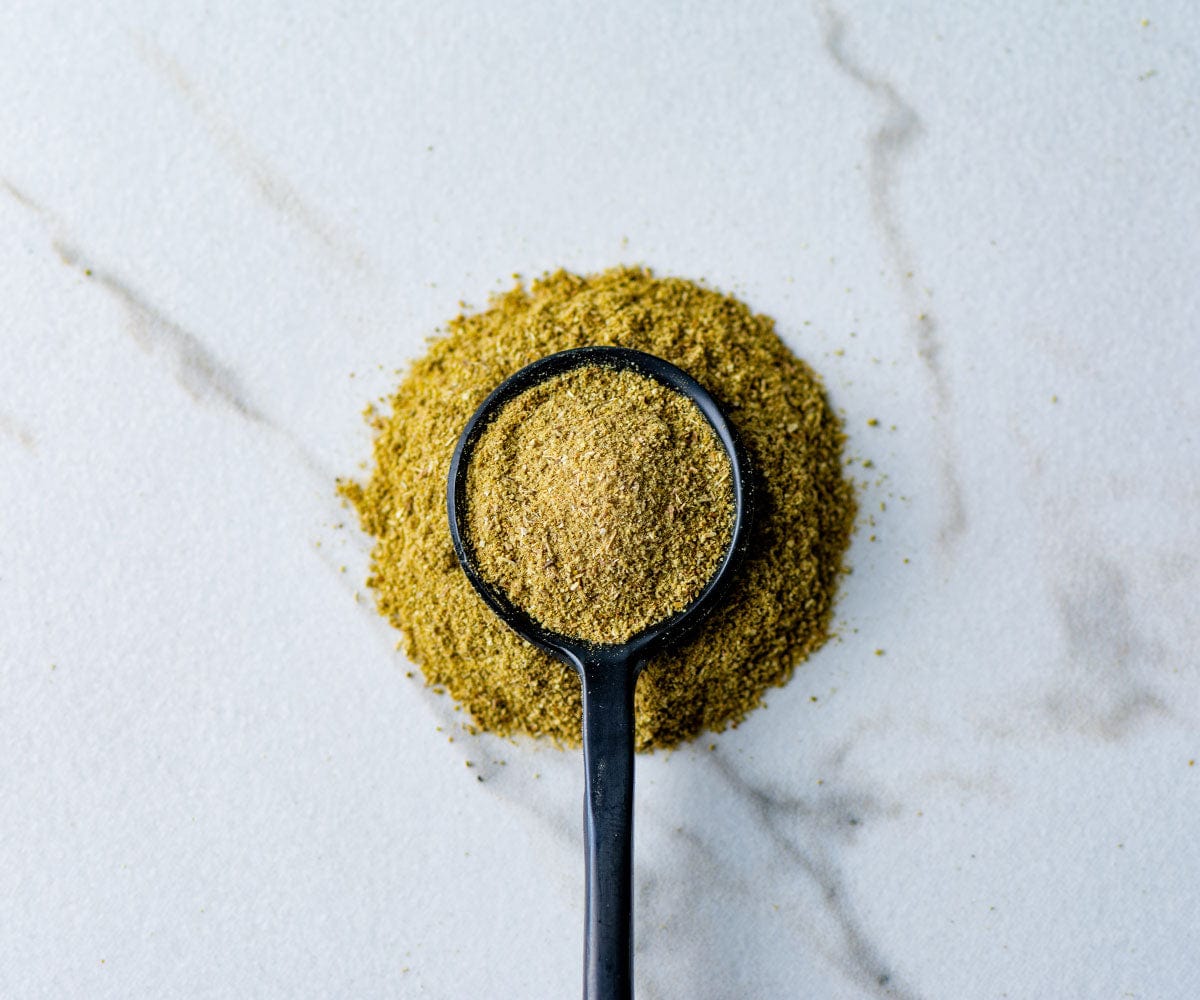
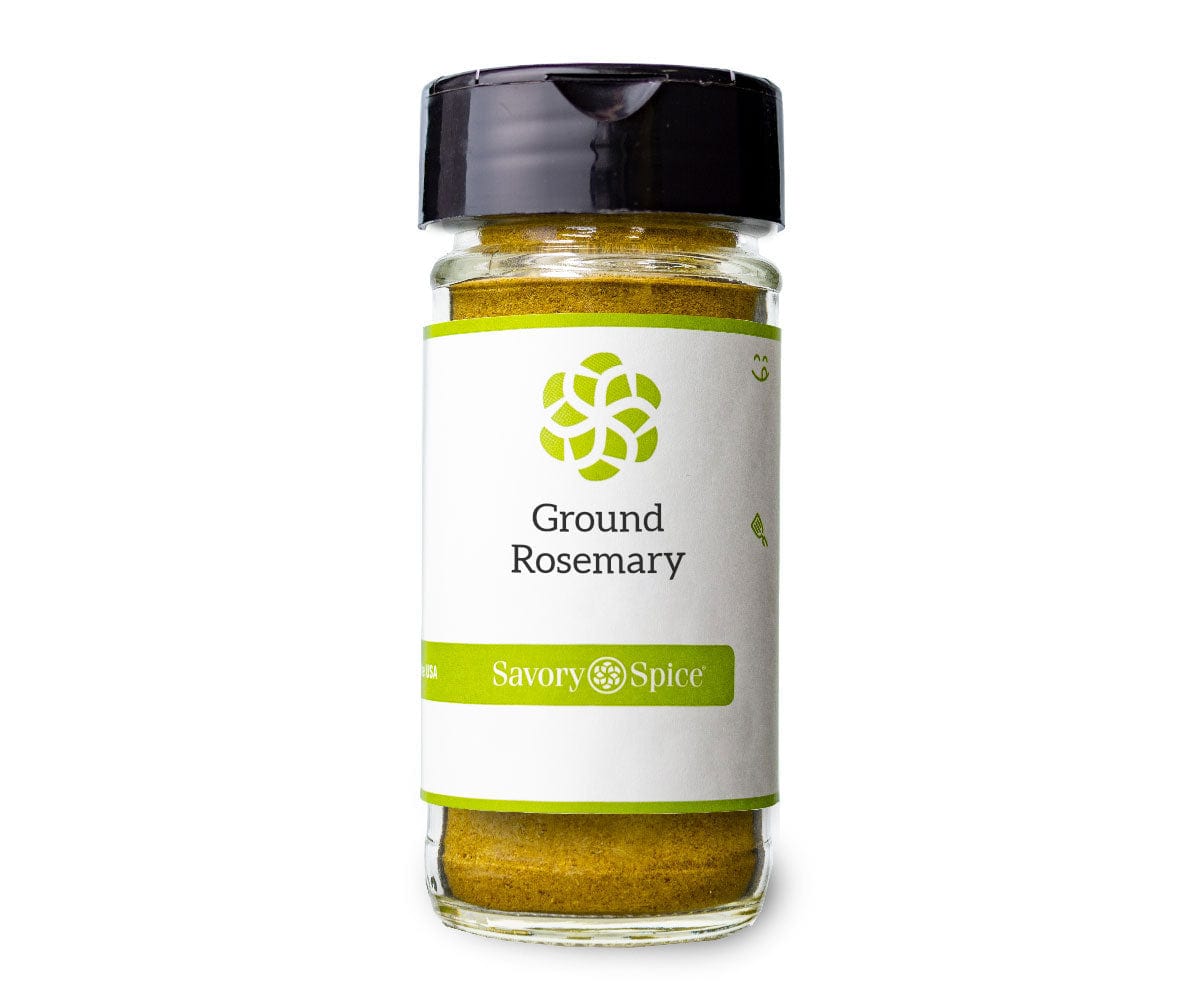
Ground Rosemary
Ground Rosemary as a seasoning is great to use in your favorite sauces and soups, as well as savory baking recipes. When using ground rosemary powd...
View full details -
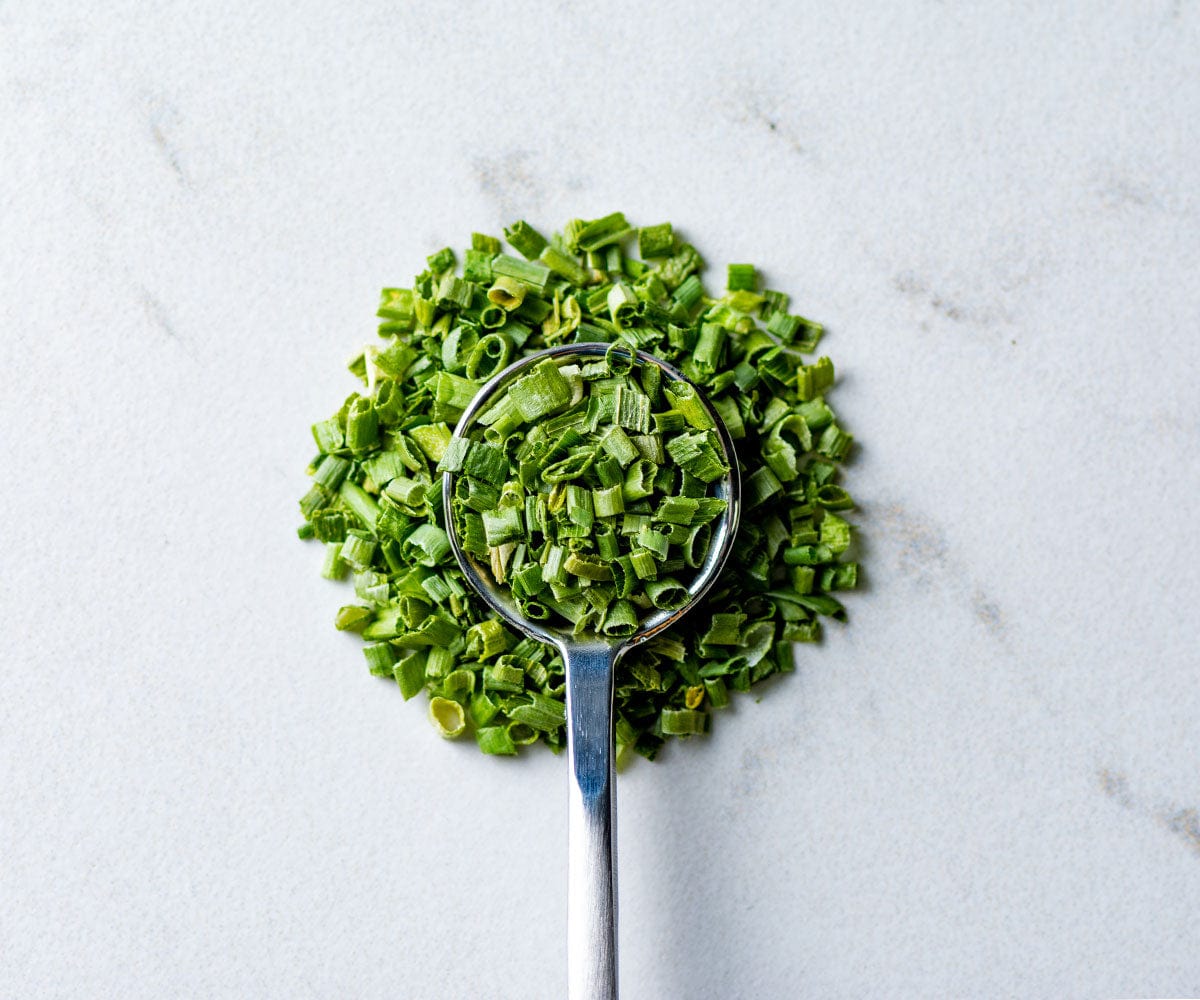
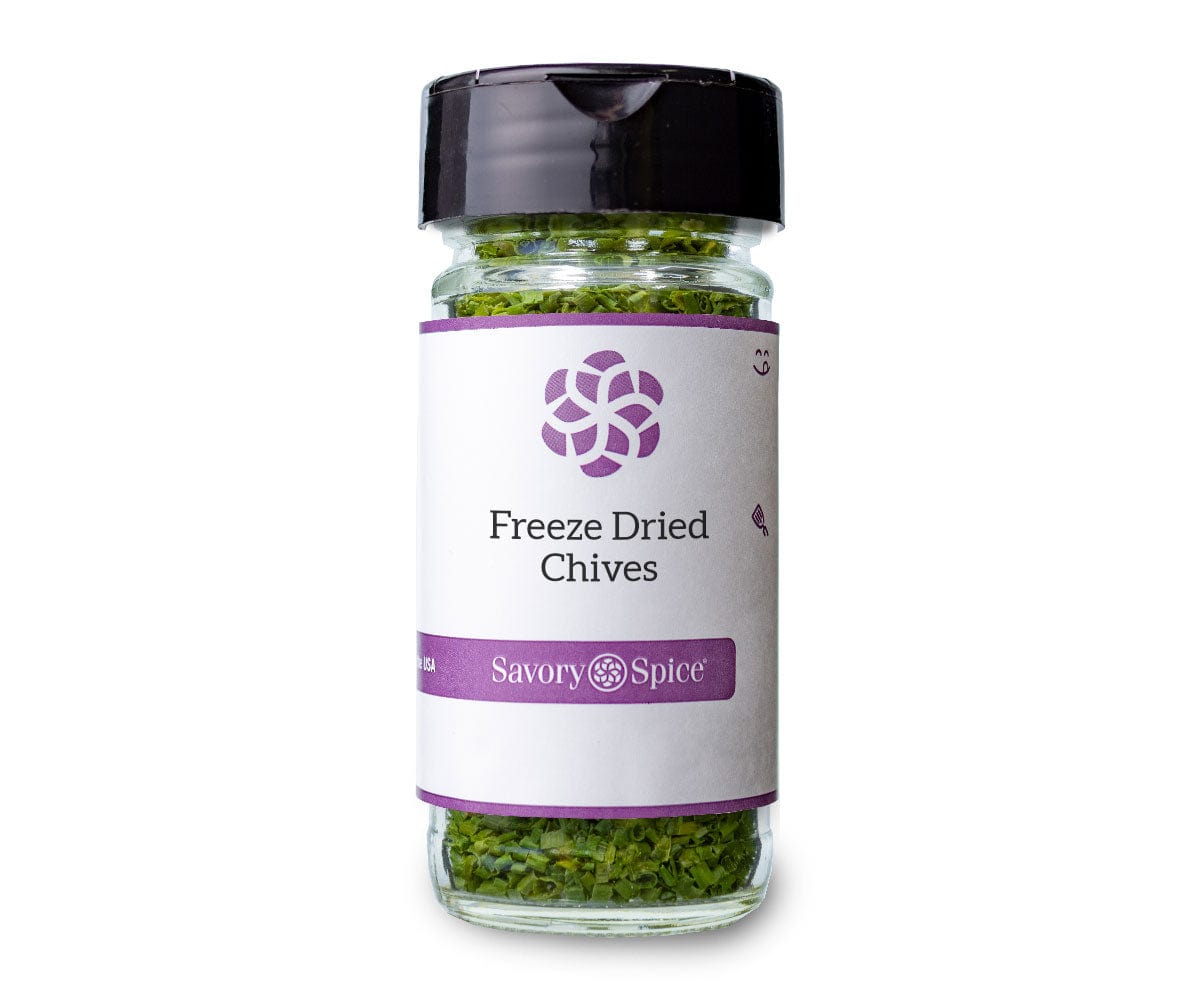
Freeze Dried Chives
Freeze Dried Chives are a great substitute for fresh chopped chives or green onions when you may not have any on hand. These chives produce a bit o...
View full details -
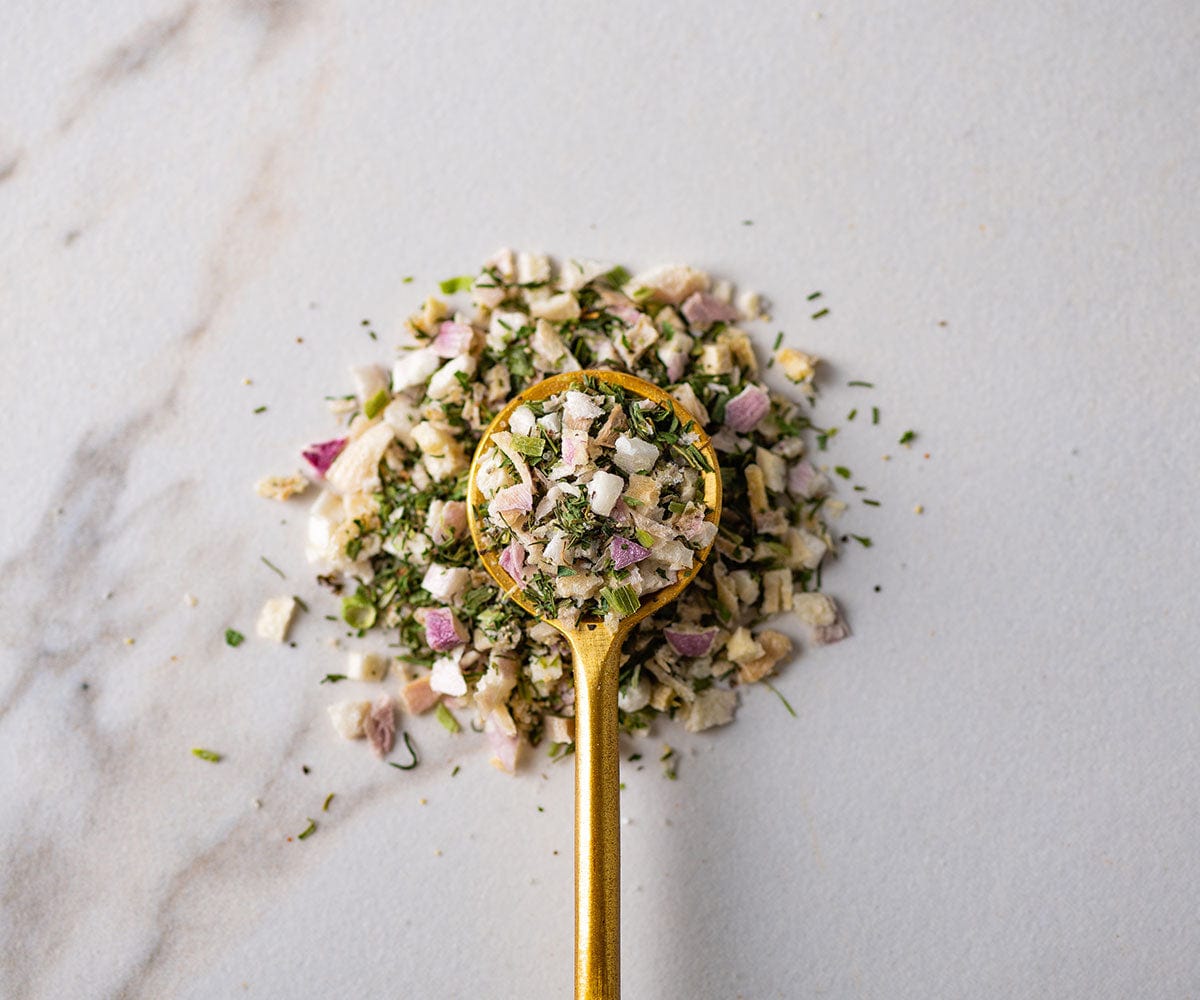
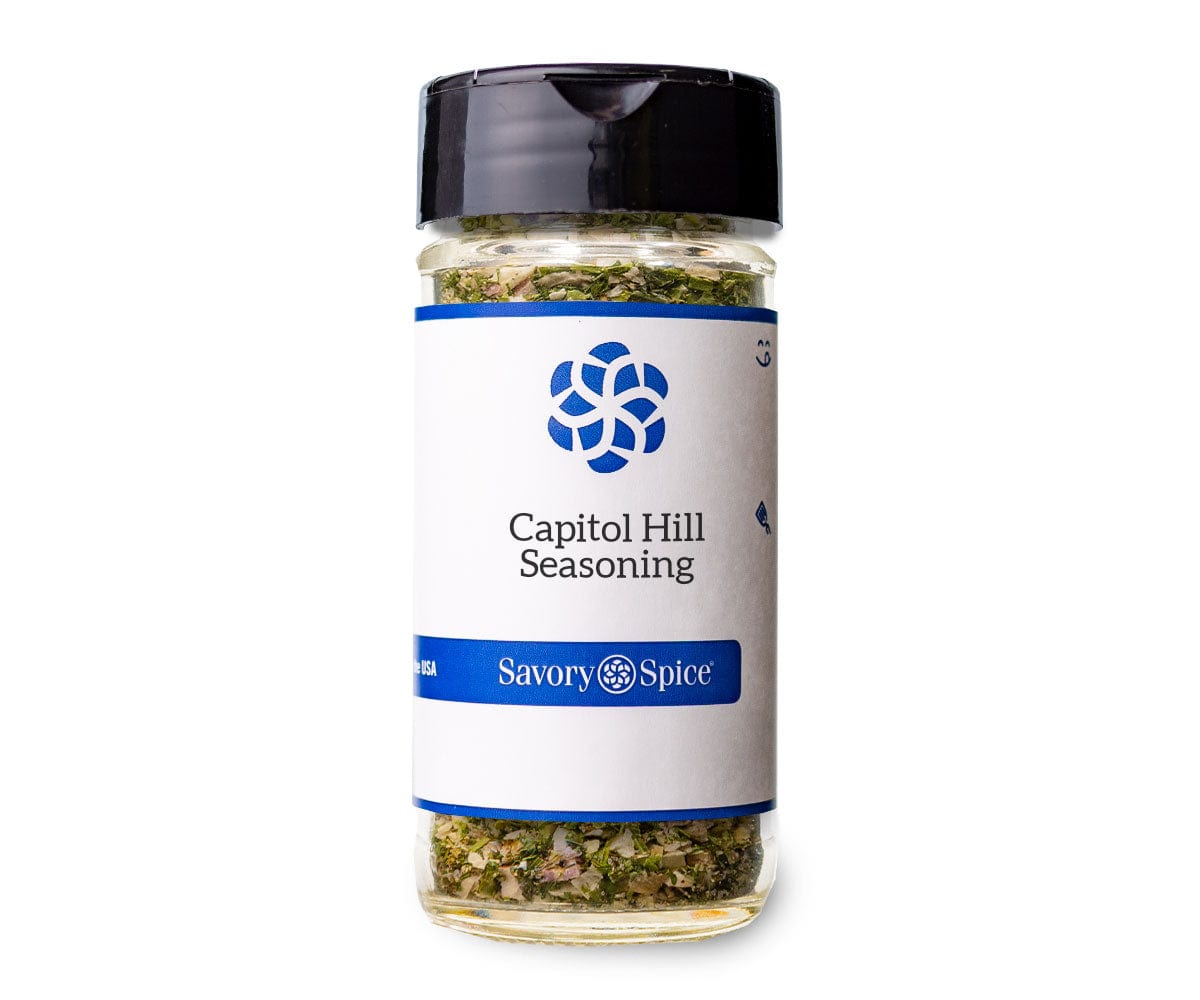
Capitol Hill Seasoning
Capitol Hill Seasoning is a Savory Spice classic seasoning & longtime best-selling spice mix with our customers. This all-in-one seasoning ble...
View full details -
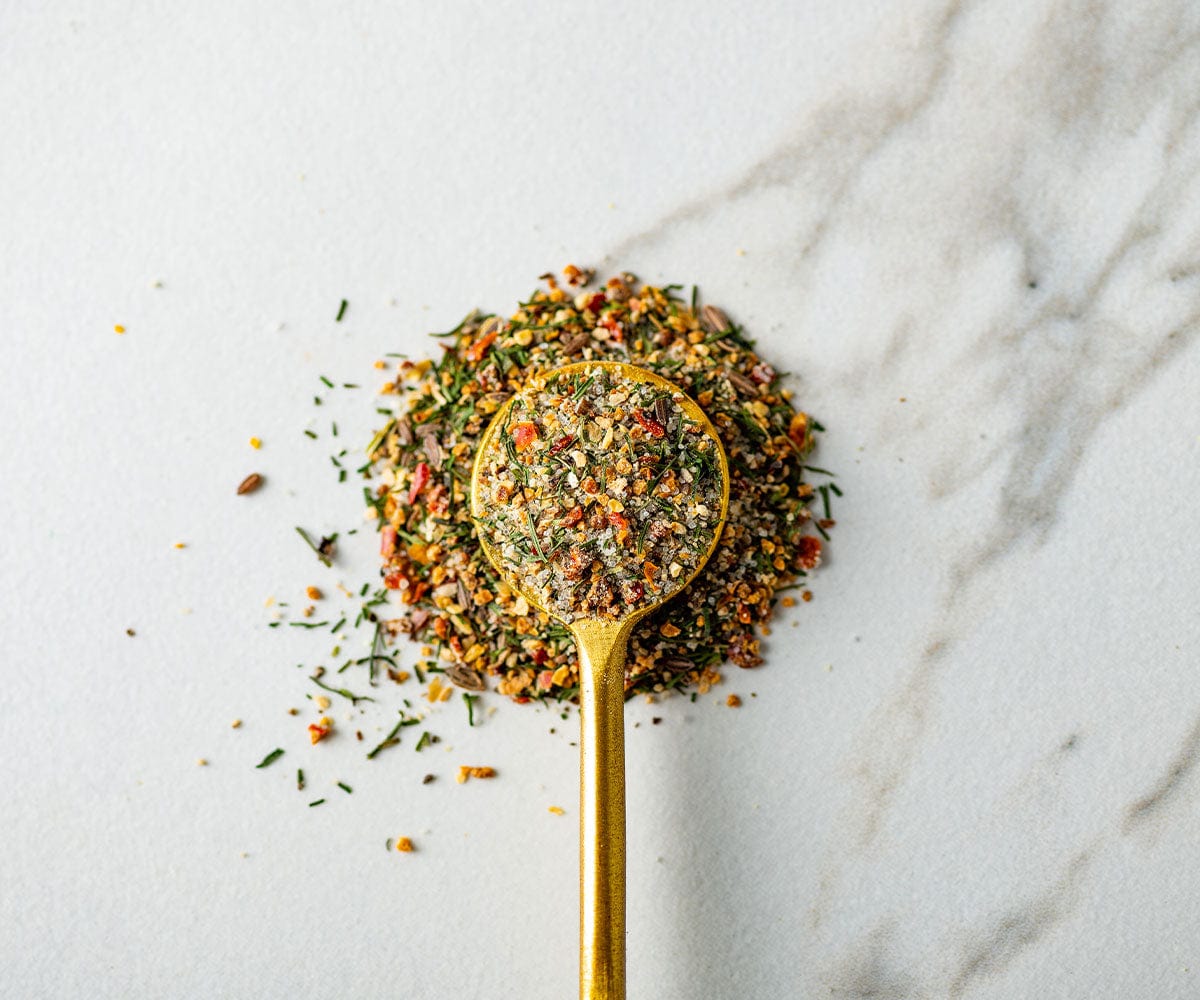
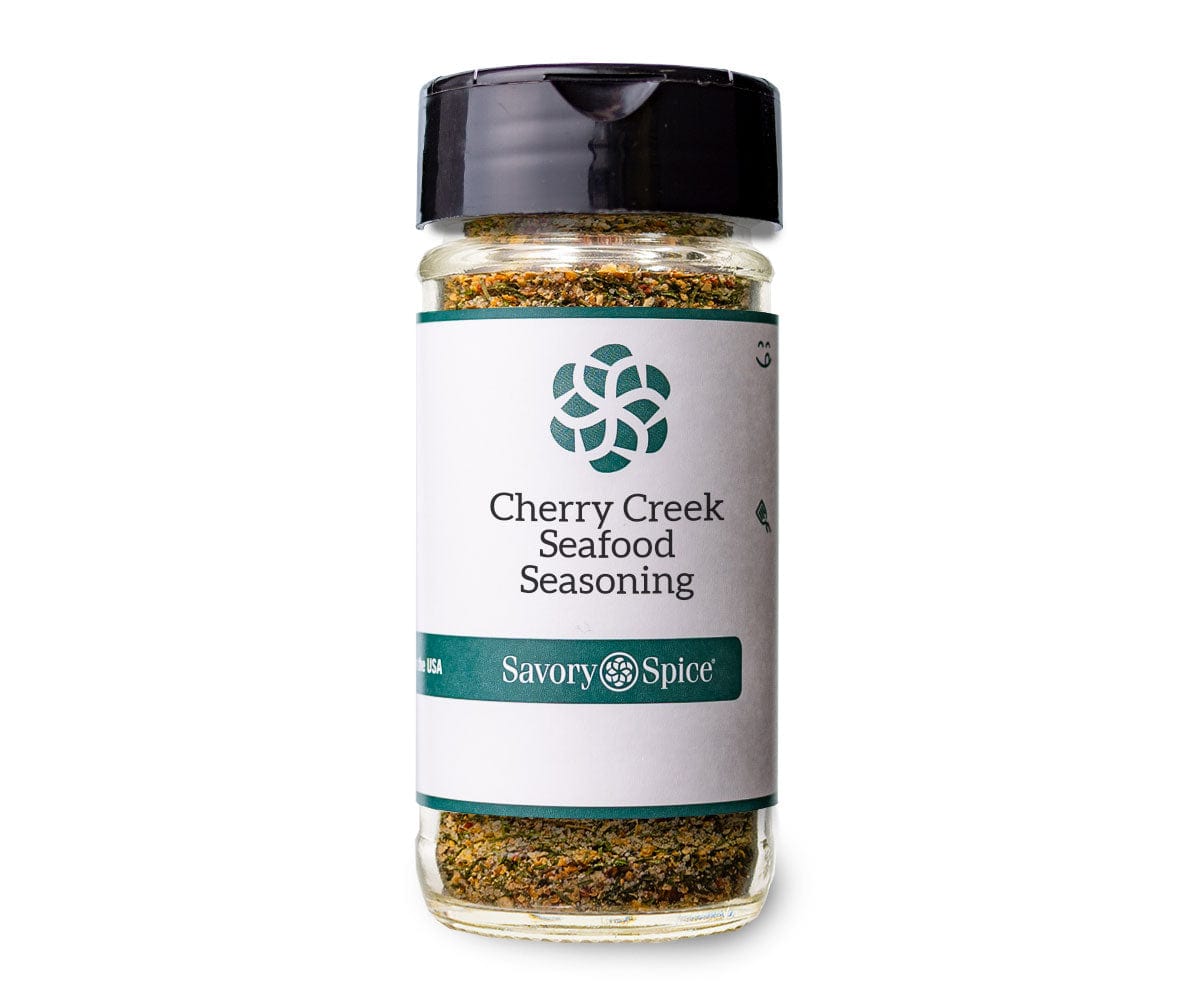
Cherry Creek Seafood Seasoning
Cherry Creek Seafood Seasoning is our take on traditional lemon & pepper seafood spices, with added sweetness and dill-forward herbal flavor. A...
View full details -
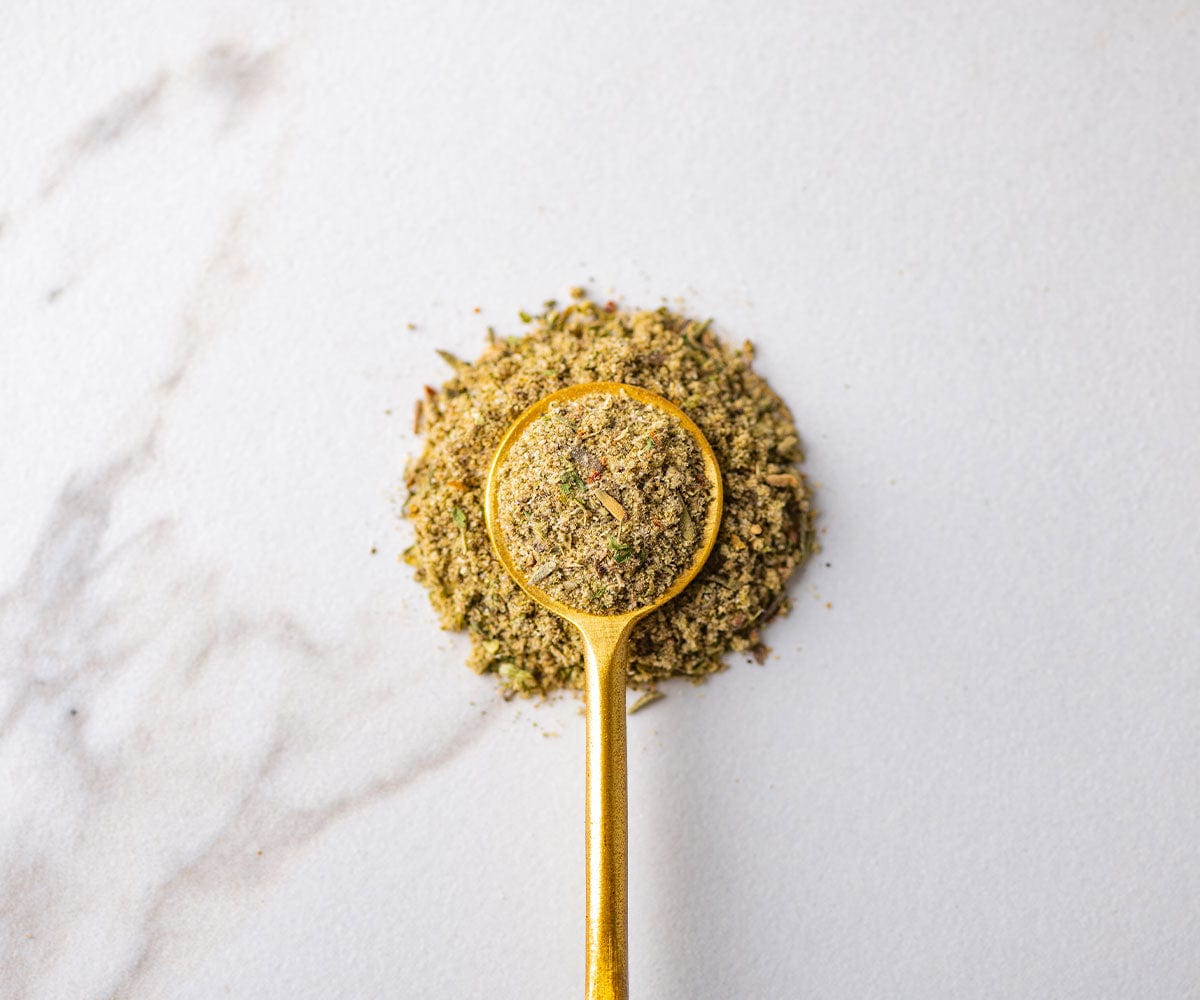
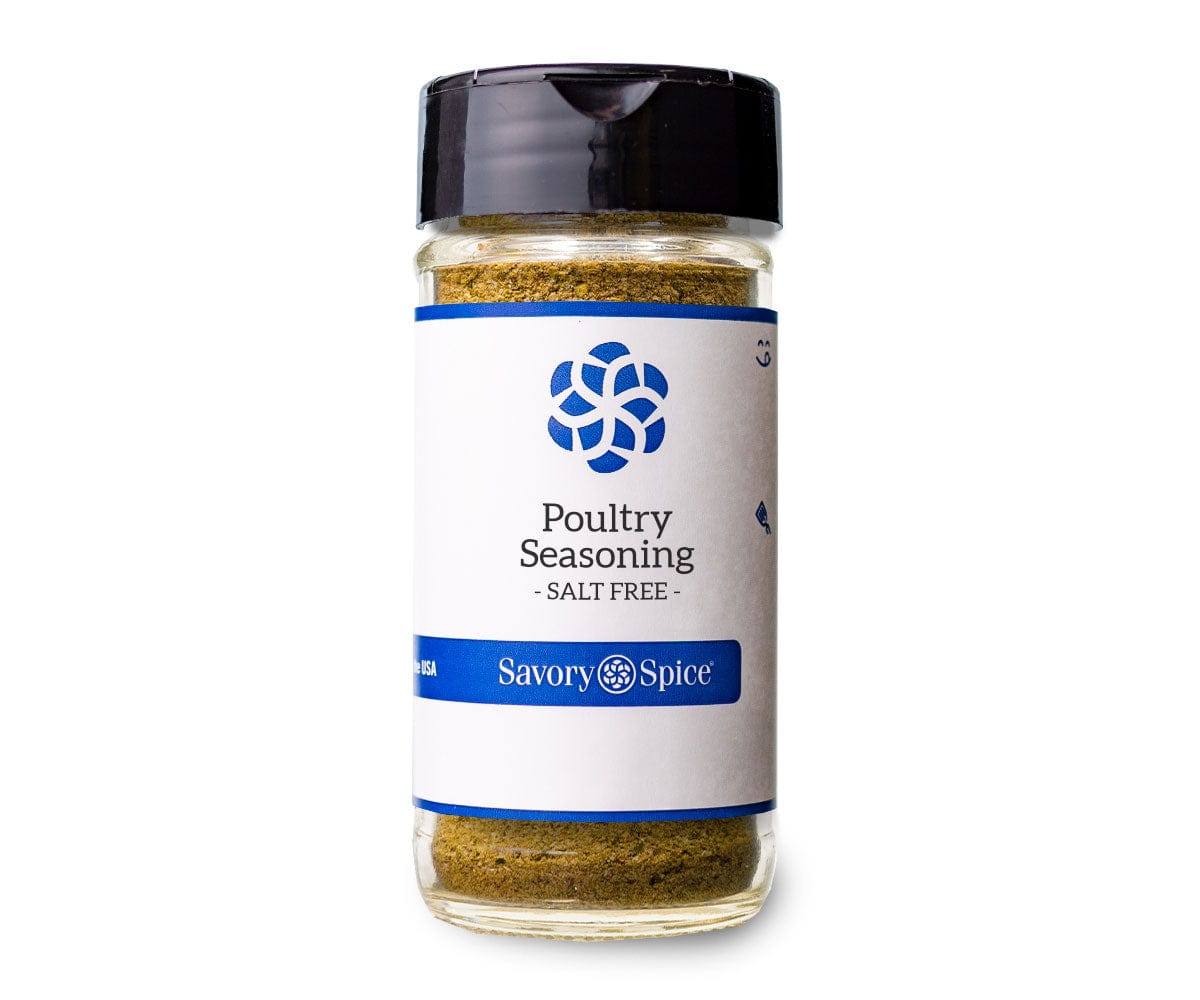
Poultry Seasoning
Our salt-free Poultry Seasoning is classic blend of herbs and other spices that are ideal for any seasoning chicken, turkey and any other types of ...
View full details
Featured Recipes

Sausage & Peppers Pizza Recipe
When you want a no-fuss weeknight meal, make this easy pizza.
view recipe >
Sweet Green Pea Falafel Recipe
A unique take on a classic Middle Eastern falafel! The sweetness of the peas pairs well with a garlicky tzatziki sauce and sliced red onions.
view recipe >
Turkey Meatballs in Herbed Marinara Recipe
A weeknight meatball recipe with complex herby flavor from Herbes de Provence.
view recipe >Featured Articles
More Information
What is the difference between dried herbs and fresh?
Because dried herbs have been dehydrated, they have a more concentrated flavor, and are more potent than freshly chopped or minced herbs. Dried herbs are ideal for slow-cooking recipes, and for adding great flavor to dishes like stews, roasts, sauces, and soups. Also, woody herbs like rosemary and thyme tend to maintain their full 'fresh' flavor when dried and are good to keep in your pantry or spice cabinet.
What dried herbs mix well together?
Many different cuisines use various blends of dried cooking herbs in recipes, some you can buy or make yourself. Italian Herbs seasoning is a classic herb mix that generally contains basil, thyme, oregano, marjoram, and rosemary. Another traditional mix of dry herbs that go well together is our Herbes de Provence spice blend of thyme, summer savory, rosemary, marjoram, basil, lavender, and tarragon.
Do chefs use dried herbs?
Chefs cook with dried herbs to add flavor to nearly every dish, especially sauces, soups and stews. Infusing herbs in oil is another way chefs use dry herbs to add more herby flavor when cooking or added to recipes. Using herbs in meat rubs or meat marinades is also common. Most butcher's rubs contain a blend of cooking herbs and other spices. You're likely to find these types of herbs in almost any kitchen - professional or home.
Are dried herbs still beneficial?
Dried herbs are beneficial in recipes that have longer cooking times or higher temperatures (like soups), as they hold up better than fresh herbs. Culinary herbs that have been dried are also important for creating layers of flavor in sauces, dressings, marinades, and meat rubs. Some of the best cooking herbs to keep on hand in your kitchen are bay leaves and oregano.



























